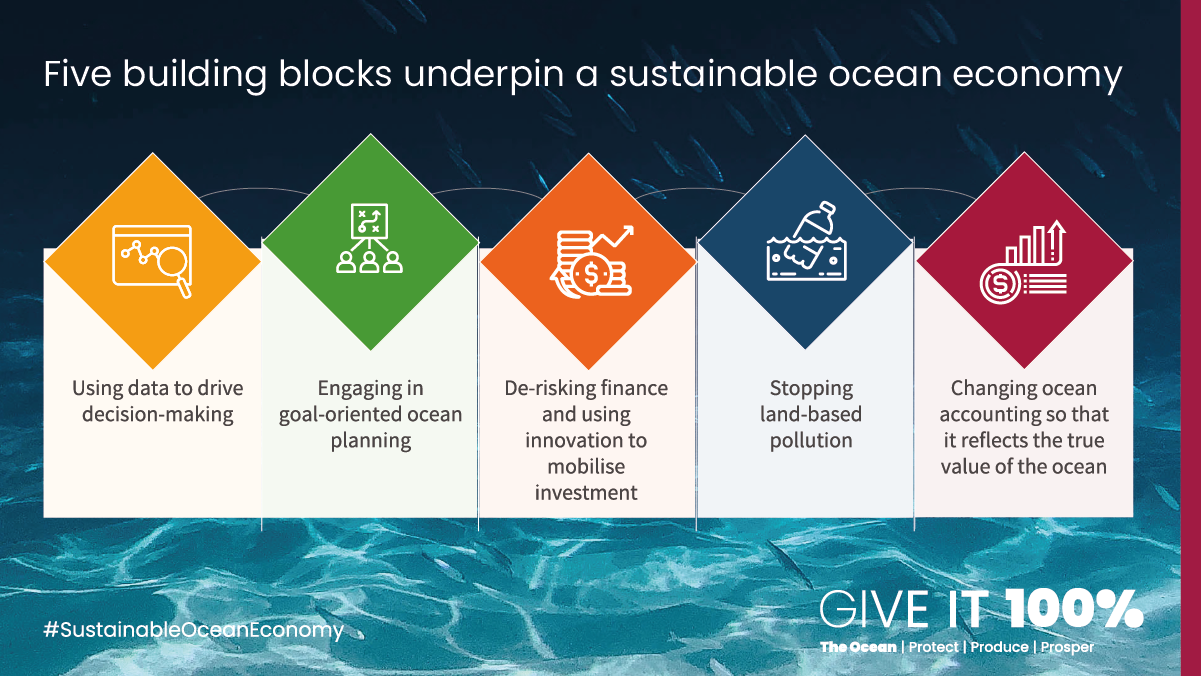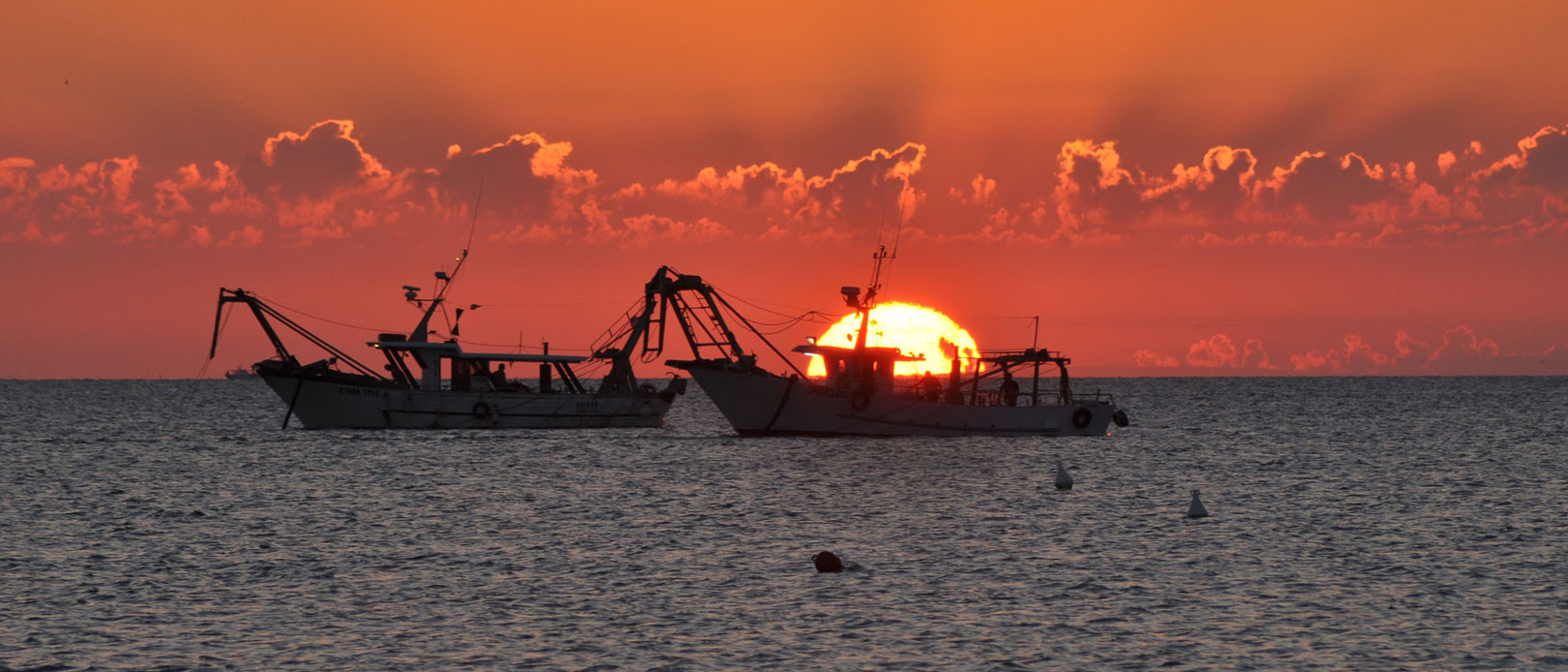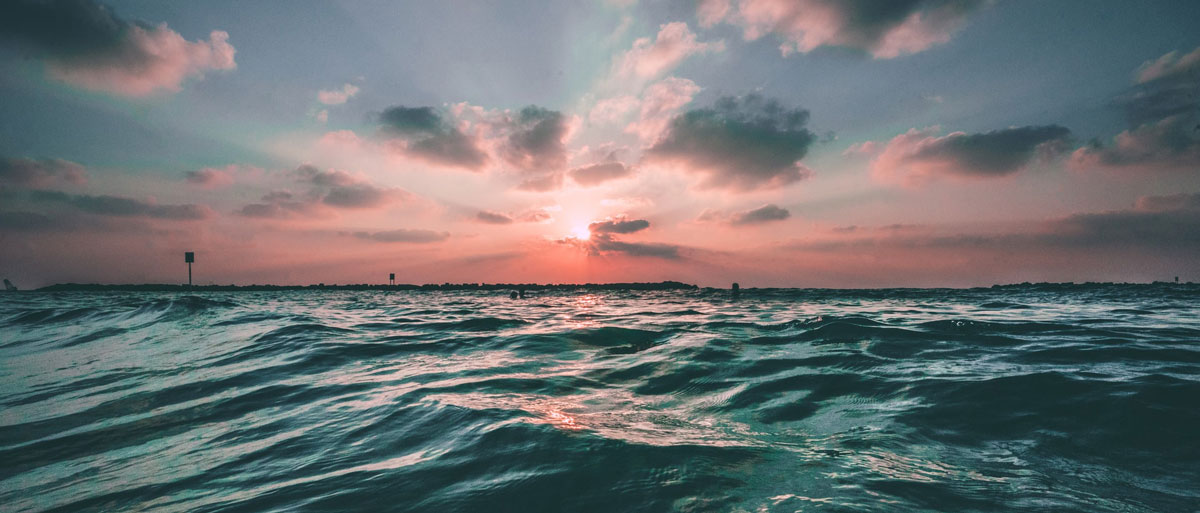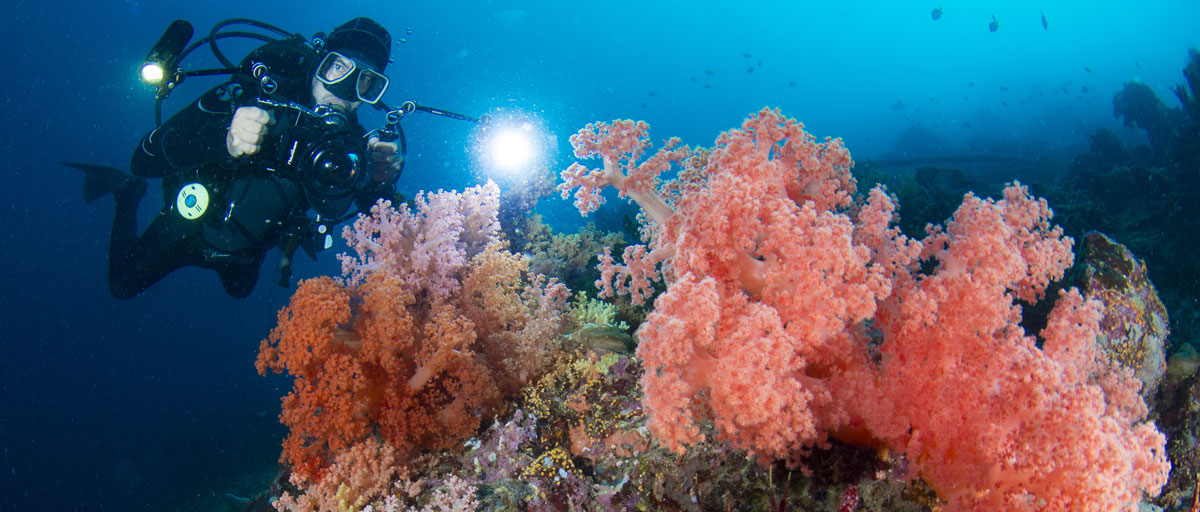Bildtext får vara max två rader text. Hela texten ska högerjusteras om den bara ska innehålla fotobyline! Photo: B. Christensen/Azote
Ocean Stewardship
Action by 14 world leaders guided by centre research
- Committments from Australia, Canada, Chile, Fiji, Ghana, Indonesia, Jamaica, Japan, Kenya, Mexico, Namibia, Norway, Palau and Portugal
- Centre researchers have been deeply involved in a series of commissioned Blue Papers
- The countries have each committed to put a Sustainable Ocean Plan in place by 2025
Members of High Level Panel for a Sustainable Ocean Economy commit to 100% sustainable ocean management by 2025
THE OPPORTUNITIES OF ACTION, THE RISKS OF INACTION: The leaders of Australia, Canada, Chile, Fiji, Ghana, Indonesia, Jamaica, Japan, Kenya, Mexico, Namibia, Norway, Palau and Portugal have committed to sustainably manage nearly 30 million sq km of their national waters by 2025.
These countries are behind the High Level Panel for Sustainable Ocean Economy and in early December 2020, the leaders released their final report Transformations for a Sustainable Ocean Economy: A Vision for Protection, Production and Prosperity.
The result is a new ocean action agenda that – if achieved – could help produce as much as 6 times more food from the ocean, generate 40 times more renewable energy, lift millions of people out of poverty, and contribute one-fifth of the GHG emissions reductions needed to stay within 1.5°C.
Contributions from centre researchers
The Ocean Panel has worked with an advisory network comprised of more than 135 private sector, NGO and intergovernmental organizations across 35 countries to advance action through their own institutions and networks.
The work of the Ocean Panel is also supported by an expert group composed of over 70 leading scientists and experts from 26 countries. All the scientific work was coordinated by Jane Lubchenco who is a member of the centre's International Science Advisory Council.
Centre researchers have been deeply involved in a series of commissioned Blue Papers exploring pressing challenges at the nexus of the ocean and the economy:
- Robert Blasiak was the lead author on a Blue Paper offering guidelines for sustainable and equitable use of the ocean genome
- Beatrice Crona co-authored a Blue Paper on how the next generation of financing mechanisms can help support the ocean transition. The lead author of the paper was Rashid Sumaila, another member of the centre's International Science Advisory Council.
- Henrik Österblom co-authored a Blue Paper on ocean transitions
- Österblom also co-authored a Blue Paper on ocean equity. The report argues that addressing this inequity is integral to achieving a sustainable ocean economy. Centre researchers Jan Bebbington, Wijnand Boonstra, Tim Daw and Robert Blasiak also contributed to the work.
Strong committments
Leading by example, the Ocean Panel countries each committed to put a Sustainable Ocean Plan in place by 2025.
It also supports a global target to protect 30% of the ocean by 2030, where each country’s contribution will depend on national circumstances.
In addition to the 100% commitment, there are 74 priority actions detailed in the Transformations that
achieved consensus from the 14 countries.
The recommendations focus on five critical areas:
- Ocean wealth
- Ocean health
- Ocean equity
- Ocean knowledge
- Ocan finance
Together, they point to where the world should be in the next decade, when the UN Decade of Ocean Science for Sustainable Development and the 2030 Agenda for Sustainable Development conclude. The Ocean Panel commits to deliver on these actions by 2030 or sooner.
For too long, we have perceived a false choice between ocean protection and production. No longer. We understand the opportunities of action and the risks of inaction, and we know the solutions. Building a sustainable ocean economy is one of the greatest opportunities of our time.
Erna Solberg, Prime Minister of Norway and Ocean Panel Co-chair

More centre research on ocean sustainability
Ocean research at the Stockholm Resilience Centre explores how to produce the best possible science for a more sustainable and equitable future for the ocean.
Some of the recent insights include:
- Human pressure on the world’s ocean accelerated sharply at the start of the 21st century and shows no sign of slowing, according to a comprehensive new analysis on the state of the ocean. Read more
- Researchers have launched Blue Food Assessment, a scientific assessment that will look at the role of seafood as the world prepares to feed an world population estimated to reach ten billion by 2050. Read more
- Seafood sustainability is still only marginally considered in global policy talks on food production, trade and consumption. That needs to change. Read more
- Hardly any bank loan to industries within fisheries or aquaculture includes demands for a more sustainable business approach. Doing so could significantly reduce pressure on seafood resources. Read more
- Evidence of a paradigm shift in fisheries development aid offers hope for future projects. Read more
- Overfishing, fractured international relationships and political conflicts loom as fish migrate more unpredictably because of climate change. Here is how to deal with it. Read more
- Study predicts size of world oceans environmentally suitable to aquaculture and which areas currently most under-utilised. Read more

%20Henrik%20Osterblom.png)









